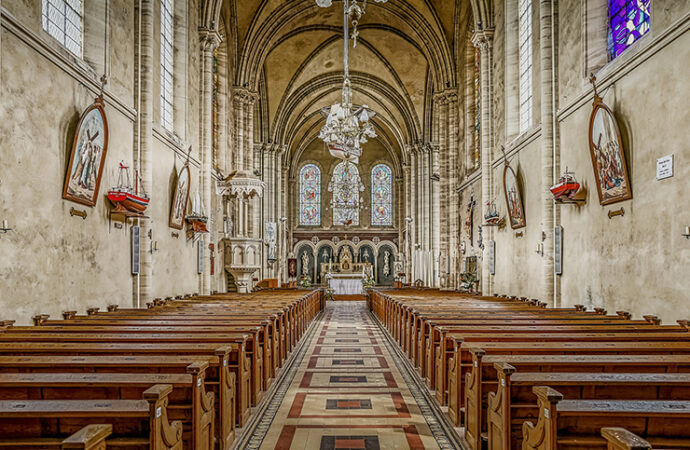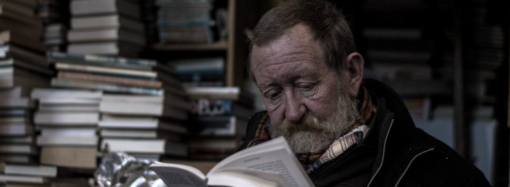The novel coronavirus, also known as COVID-19, represents a threat on many fronts: physical, mental, societal, financial, political, and so on. An oft-neglected aspect of the pandemic, however, is the strain it has placed on American religious life. In addition to the threats to our bodies and wallets, these are also “the times that try men’s souls.”
Churches across the country have cancelled services to avoid transmission of the virus. In my own Washington, D.C. region, the major denominations have emptied their pews, as have local non-denominational churches. Even Holy Week, the most spiritually intense period in the church year, will be diffused and diminished, with each Christian worshipping in his own home.
To assuage some of this loneliness, the Rev. David Hanke of Restoration Anglican Church, where my wife and I attend weekly, has begun offering livestreamed Sunday services as well as daily morning and evening prayer.
At first, I was skeptical of the arrangement. I was skeptical for the same reason I’ve always been skeptical of people who say they don’t need to go to church because they can worship God just fine by reading the Bible, listening to a sermon podcast, or taking a walk in nature. For Eucharistic-oriented traditions like Anglicanism and Roman Catholicism, being physically present at corporate worship is essential because the Sacrament itself is physical. Even for evangelicals for whom Communion is a monthly affair, it remains essential that they “not give up meeting together.” The feeling of hearing dozens of voices joined with your own as you belt out worship lyrics or recite the Nicene Creed is irreplaceable.
Despite all that, there is something wonderful and otherworldly about the church worshipping together alone in their respective living rooms. It offers a Derridean deconstruction of our clear-cut categories of absence and presence. Eastern Orthodox churches decorate their walls and ceilings with ikons of saints and angels to remind their parishioners that they are “surrounded by… a great cloud of witnesses,” that their worship on earth is a participation in the eternal worship of heaven. Looking at the thumbnails of my own church family, I felt something similar. When I spoke the liturgical responses, I heard only my voice and Hanke’s, but I knew that dozens of other voices – and perhaps multitudes more – spoke with me. I was alone but not alone.
The whole situation reminds me of an episode of Doctor Who. The episode, entitled “Gridlock,” depicts a dystopian future in which nearly the entire population of a planet is stuck in an eternal traffic jam. It’s an absurd premise, but it becomes strangely poignant. Even stuck as they are in ones, twos, and threes in their cramped hovercars, those stuck in the traffic never lose hope. Sure, cabin fever sets in, but at the end of each day, they join in what they call the Daily Contemplation, singing hymns like “Abide with Me” and “The Old Rugged Cross.” In reaching out for God and for each other they find meaning in the boredom and frustration of everyday life.
If COVID-19 forces us to do the same, then maybe it’s a blessing in disguise.
—
[Image Credit: Pixabay]
Image Credit: [Image Credit: Pixabay]
















Leave a Comment
Your email address will not be published. Required fields are marked with *